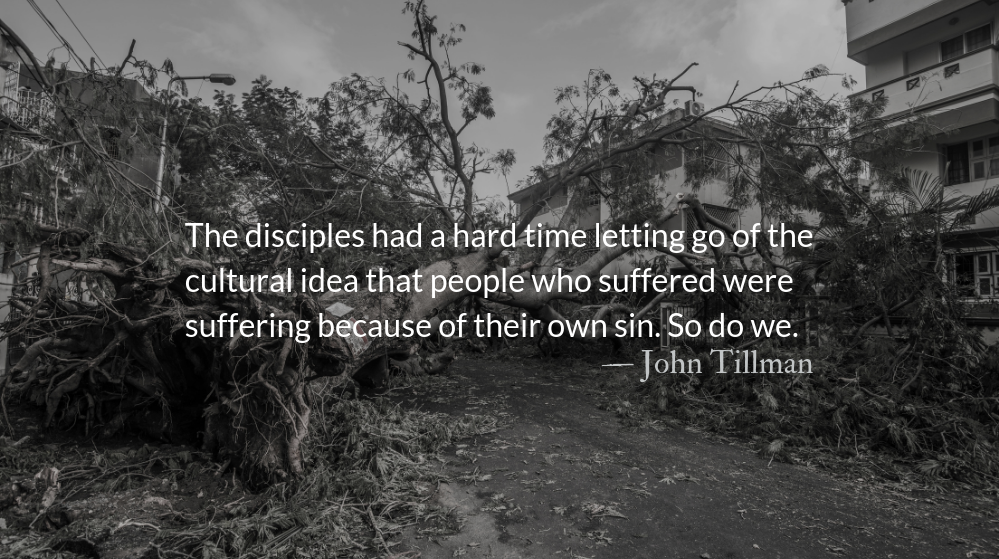Scripture Focus: Luke 13.23-24; 31-34
23 Someone asked him, “Lord, are only a few people going to be saved?”
He said to them, 24 “Make every effort to enter through the narrow door, because many, I tell you, will try to enter and will not be able to. 25 Once the owner of the house gets up and closes the door, you will stand outside knocking and pleading, ‘Sir, open the door for us.’
“But he will answer, ‘I don’t know you or where you come from.’
31 At that time some Pharisees came to Jesus and said to him, “Leave this place and go somewhere else. Herod wants to kill you.”
32 He replied, “Go tell that fox, ‘I will keep on driving out demons and healing people today and tomorrow, and on the third day I will reach my goal.’ 33 In any case, I must press on today and tomorrow and the next day—for surely no prophet can die outside Jerusalem!
34 “Jerusalem, Jerusalem, you who kill the prophets and stone those sent to you, how often I have longed to gather your children together, as a hen gathers her chicks under her wings, and you were not willing.
Reflection: Enter While You Can
By John Tillman
The Pharisees’ warning about Herod was a lie. They wanted to kill Jesus. Herod didn’t.
Herod was trying to see Jesus, not kill him. (Luke 9.9) Yet, so far as we know, Herod never saw Jesus until Pilate sent him to Herod. (Luke 23.7-11) Jesus, however, knew he was on the way to see Herod.
Jesus told the Pharisees to report to Herod that miraculous things were happening and that he was coming to Jerusalem, just like other prophets. The door was open for them to see and believe. Just prior to this, Jesus warned the Pharisees and the following crowds that the opportunity to enter the kingdom was narrowing. The door, now open, would close. (Luke 13.24-25) Warning everyone, Jesus said, “make every effort” to enter while they had the opportunity.
But Jesus also knew that powerful kings and self-righteous religious leaders often killed prophets who told the truth. You can’t tell some people the truth without them wanting to destroy you. When sin is pointed out two things often prevent repentance: power and self-righteousness.
Many reject repentance which requires losing face, power, or position. This is why leaders (and pastors) caught in scandals often refuse to step down or stay out of power. But we don’t have to be in a position of great power to refuse to repent when it costs us.
We are familiar with religious self-righteousness in scripture and in our lives. We recognize those who reject or minimize their need for repentance based on scriptural knowledge or by comparing themselves to “real sinners.”
But self-righteousness isn’t exclusive to the religious. Our culture strongly believes that humans are innately good, innately “righteous.” It is self-righteousness that explains evil as an aberration or excuses it as being caused, not by choices, but by situations or systems.
We recognize these failures in others but do we recognize them in ourselves?
How often do we stand, like the Pharisees pointing at Herod, with sin in our hearts?
How often do we wait, like Herod demanding to be wooed by God with magic tricks and blessings?
Let us expect, like Jesus did, that our prophetic duty will cost us. The first thing it will cost us is repentance. Our own repentance is the first step toward calling others to repentance. The open door will close. Make every effort to enter and bring others with you.
Divine Hours Prayer: The Call to Prayer
Love the Lord, all you who worship him; the Lord protects the faithful, but repays to the full those who act haughtily. — Psalm 31.23
– From The Divine Hours: Prayers for Springtime by Phyllis Tickle.
Today’s Reading
Exodus 31(Listen 2:32)
Luke 12(Listen 5:02)
Read more about Suffering and Sin
Jesus taught his disciples that they were wrong about tragedy and wrong about sin. His words don’t at first seem comforting.
Read more about Supporting Our Work
Please consider joining our donors. Your donations support ad-free content that brings biblical devotionals to inboxes across the world.








